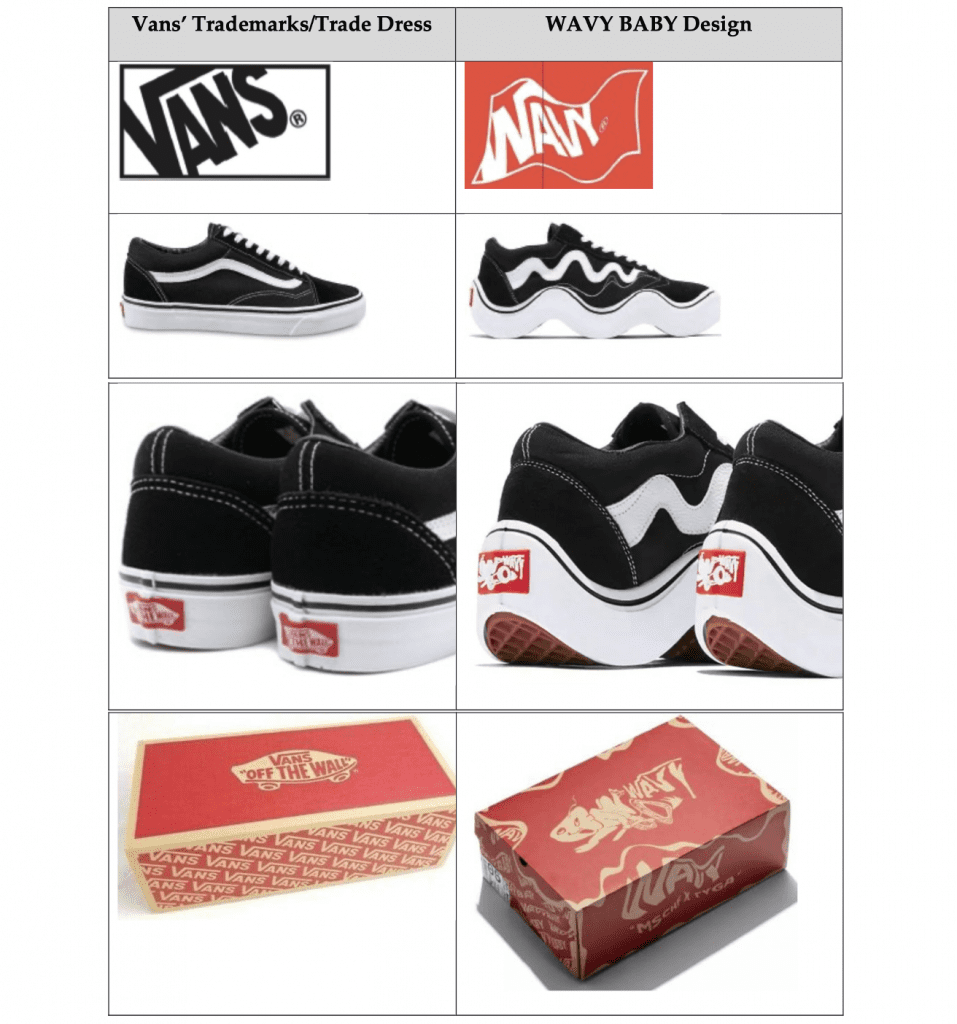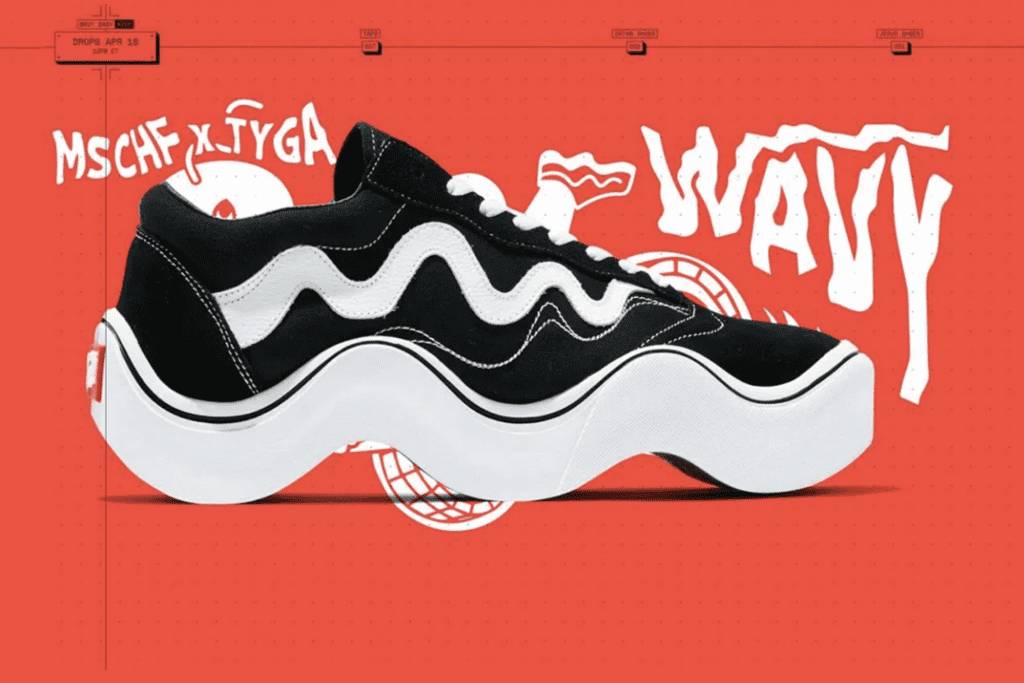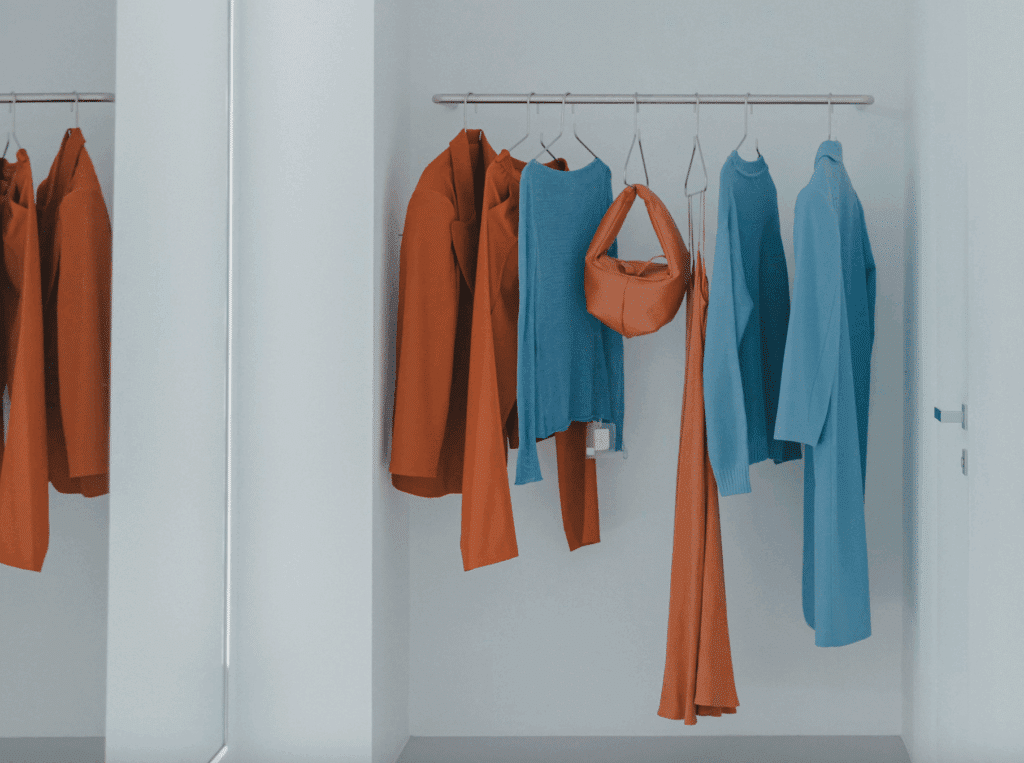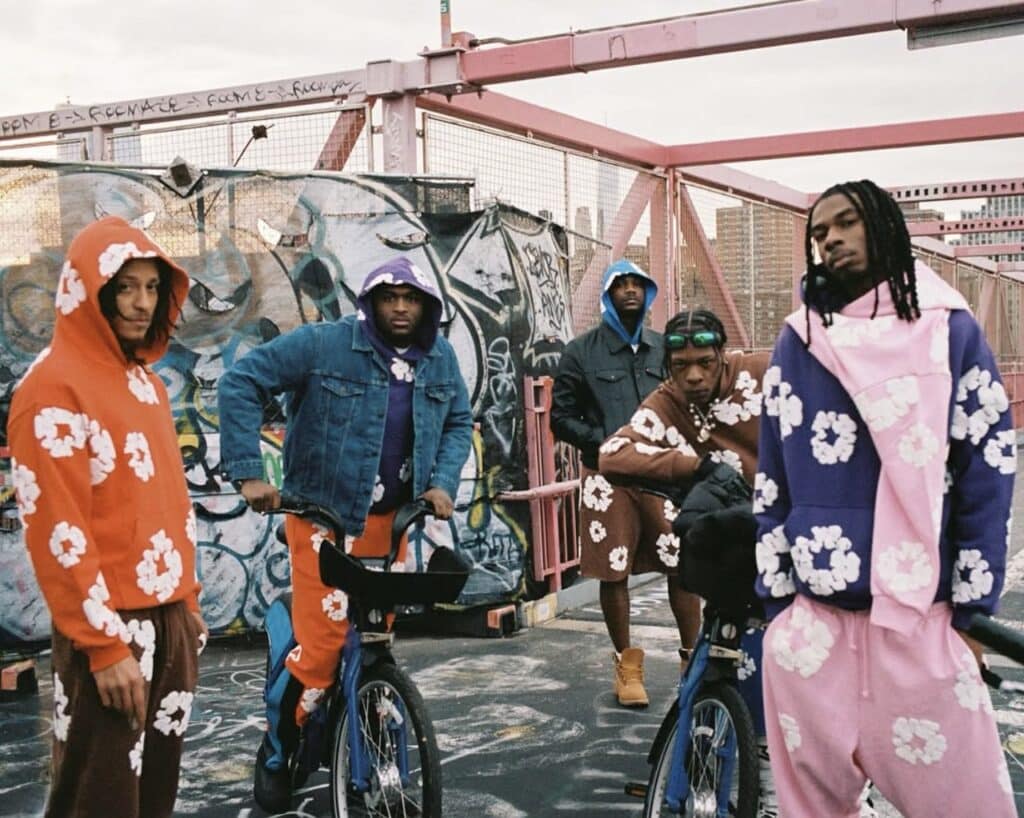Vans and MSCHF have reached a settlement in the lawsuit that pitted them against one another over MSCHF’s Wavy Baby sneaker. The parties notified a New York federal court on August 20 that they have reached a resolution in the trademark-centric lawsuit, thereby bringing an end to the legal saga that got its start in 2022 and that raised headline-grabbing questions about trademark rights and where exactly First Amendment-protected expression begins and ends when it comes to art and commerce.
In an August 21 consent judgment and order, the court stated that the parties agreed to skip a potential trial and waived any conclusions of law, and instead, jointly stipulated to a settlement and permanent injunction that saw MSCHF giving up its fight to market and sell the allegedly infringing footwear that it has characterized as artistic commentary.
Judge William F. Kuntz of the U.S. District Court for the Eastern District of New York stated in the consent judgment and corresponding permanent injunction order that “pursuant to a confidential settlement agreement,” Brooklyn, New York-based art collective MSCHF “acknowledges and agrees” that Vans owns the trademark and trade dress at the center of the case and that it admits it has used versions of the registered marks. The parties further stipulated that Vans’ OLD SCHOOL shoe trade dress contains a “distinctive combination of source-identifying elements” like a rubberized sidewall, a textured toe box, visible stitching, and, of course, the notable Vans side stripe mark.

“MSCHF acknowledges and agrees as to the existence and validity in the U.S. of the Vans marks, and the ownership thereof by Vans,” Judge Kuntz stated in the order, going on to assert that the parties consented to a judgment based on MSCHF’s use of the Vans marks in question constituting trademark infringement under federal statute 15 U.S.C 1114 and New York common law, trade dress infringement, unfair competition, trademark dilution pursuant to 15 U.S.C. 1125, and unfair trade practices under New York statute.
Entering judgment for Vans on all of its claims against MSCHF, Judge Kuntz wrote that MSCHF is permanently and immediately enjoined and restrained from “marketing, distributing, importing, manufacturing, promoting, offering for sale, or selling” the infringing sneakers at the heart of the case. Additionally, the company cannot use the Vans side stripe mark or any of the company’s other registered trademarks at issue in the case, according to the court’s order. Finally, the court enjoined MSCHF from making any statements that are “false and misleading” as to its affiliation with Vans, or doing anything else that is likely to confuse consumers into believing that the companies are in some way connected.
Judge Kuntz also stated that Vans, “as a result of its long use and promotion” of its trademarks and trade dress at the center of the lawsuit, successfully established the marks as famous and as having secondary meaning among actual and target purchasers, as well as members of the public.
Art or Commerce?
Judge Kuntz’s order is the final act in a legal battle that started between the two companies in April 2022 and ended up venturing well beyond basic questions of trademark infringement. The case began when Vans and its parent company VF Corp. waged trademark-focused claims against MSCHF shortly after it launched “a campaign to piggy-back on Vans’ rights and the goodwill it has developed in its iconic shoes” by offering up its Wavy Baby sneakers. Vans alleged that “in spite of, or perhaps due to, [MSCHF’s] knowledge of Vans’ rights and the substantial value of the Vans trademarks and trade dress,” the company’s infringing sneaker “blatantly and unmistakable incorporate[d] Vans’ iconic trademarks and trade dress.”
MSCHF responded by arguing that it was shielded from liability on the basis that the Wavy Baby sneakers were protected by the First Amendment due to the fact that they are a “commentary on sneaker culture” and not meant to be worn. Unpersuaded, Judge Kuntz gave Vans an early victory in the case when he handed down a temporary restraining order and preliminary injunction that prohibited MSCHF from marketing or selling the shoe for the duration of the litigation.
That was not the end, of course, as MSCHF filed an appeal with the U.S. Court of Appeals for the Second Circuit, arguing that the district court had erred in concluding that Vans was likely to succeed on the merits of its trademark infringement claim. The appellate court shot down MSCHF’s argument nearly a year later when it determined MSCHF’s Vans-inspired sneakers are not subject to heightened First Amendment scrutiny and that the Rogers test – a test used to determine whether the unauthorized use of a trademark in an artistic work violates the Lanham Act – did not apply.
In its opinion, which prompted the case to be sent back down to Judge Kuntz, the Second Circuit found that the lower court had not exceeded its discretion, stating that “the fact that the Wavy Baby was conceived as a parody” does not change the assessment that it creates consumer confusion.
Vans declined to comment. Meanwhile, a rep for MSCHF told TFL, “There’s an old aphorism which instructs that there’s a single indicator of a successful negotiation: Both sides are unhappy. The inverse, it turns out, is also true. If you asked Vans, I’m sure they’d share our assessment: We’re happy to report that we’ve successfully resolved our dispute.”
The case is Vans, Inc. v. MSCHF Product Studio, Inc., 1:22-cv-02156 (EDNY).














